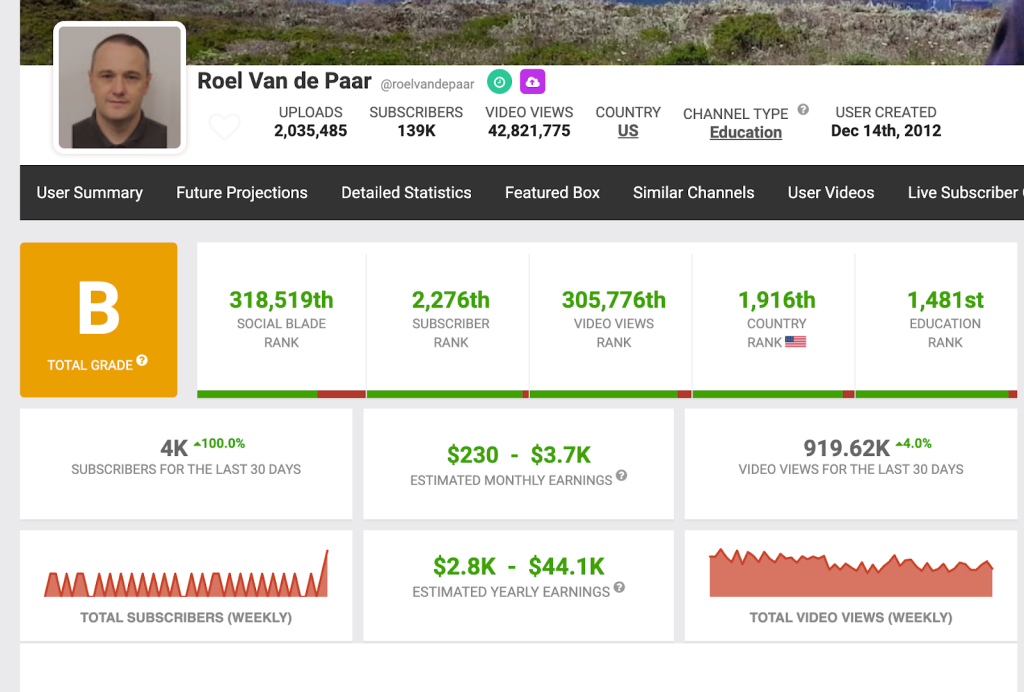The advantages of solar energy are that it is renewable, sustainable, and environmentally friendly. The disadvantages of solar energy are that it is intermittent and unreliable, and the initial investment can be costly. Here is I described in details What are The Advantages and Disadvantages of Using Solar Energy?
Advantages of Solar Energy
- Solar energy is a renewable resource, which means that it can be used again and again, and will never run out.
- Solar energy is free once you have installed the necessary equipment.
- Solar energy is clean and does not produce any harmful emissions or pollutants.
- Solar energy is very versatile and can be used for a variety of applications, including generating electricity, heating water, and powering transportation.
- Solar energy is extremely efficient and can be used in a variety of locations, including rural and remote areas that are not connected to the traditional power grid.
Disadvantages of Solar Energy
- Solar energy requires a large initial investment.
- Solar energy is not available at night.
- Solar energy is not available during cloudy weather.
- Solar energy requires a large amount of land to collect enough energy.
Pros and Cons Using Solar Energy at Home
The Benefits and Drawbacks of Solar Power
Solar power is a renewable energy source that can be used to generate electricity or heat. Solar power is captured through the use of solar panels, which convert sunlight into electrical energy. Solar power can be used to power homes, businesses, and even vehicles. Solar power is a clean energy source that does not produce emissions or pollution.
There are a few drawbacks to solar power, as well. Solar panels can be expensive to install, and the initial investment may not be returned for several years. Solar power is also not available 24 hours a day, and may not be able to meet all of a home or business’s energy needs. Do you Know what is solar? Lets Know the basics from here.
How Does Solar Power Work?
Solar power is generated by harnessing the sun’s energy. Solar panels are made up of photovoltaic cells that absorb the sun’s rays and convert them into electricity. This electricity can then be used to power homes and businesses.
Is Solar Energy Environmentally Friendly?
Solar energy is considered one of the most environmentally friendly forms of energy, as it does not produce emissions or pollution. Solar panels also have a very small carbon footprint, as they do not require fossil fuels to generate electricity.
Why Use Solar Power?
Solar power is an alternative to traditional forms of energy generation that have harmful environmental impacts. Solar power does not produce pollution or emissions, making it a cleaner and more sustainable form of energy. Additionally, solar power can be used to reduce your reliance on the grid, which can save you money on your energy bills.
Final words about What are The Advantages and Disadvantages of Using Solar Energy is : Solar power is very helpful for us. It have some disadvantages. But its important for our technology world
Read Now:What Restoro PC Repair Tool Fixes?



